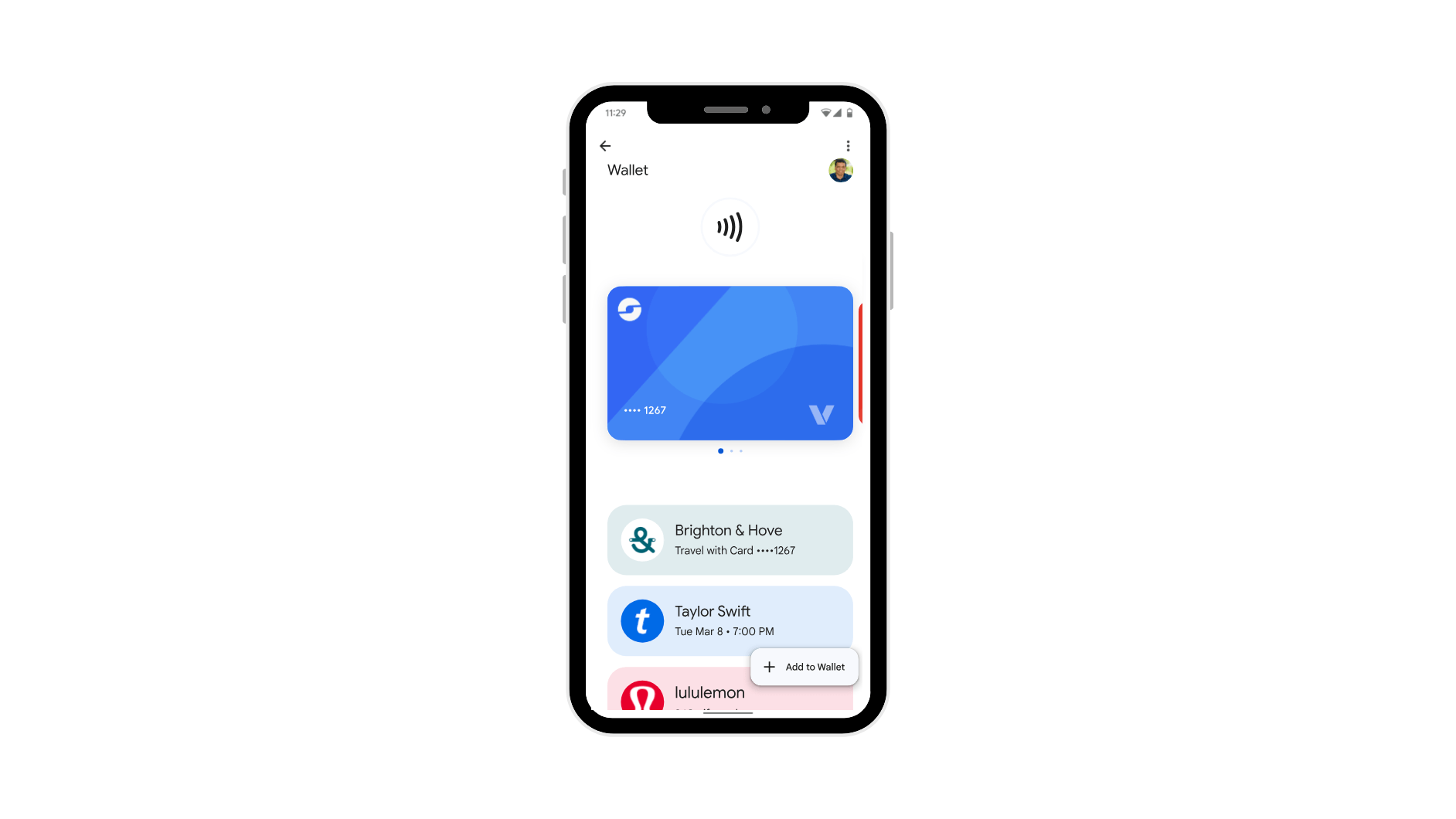Connecticut’s Open Loop Roll Out Goes Live in Less Than Six Months
by Andreea

Whilst major cities across the US generally take years to implement open-loop payments using legacy solutions from large SIs, some agencies are introducing contactless payments in a matter of months. The Connecticut Department of Transportation (CTDOT) signed with Littlepay in May 2024 to introduce open loop payments. Less than six months later and the first phase of the project is live in operation.
In a region where cost overruns and long delays have become commonplace, Connecticut’s project has been efficient, on time and delivered within a low capex budget.
This pilot stage allows passengers on the River Valley Transit (RVT) and CTtransit Meriden Division buses to pay for their journeys using their bank card or mobile wallet. Further stages are planned to roll out across the state’s transportation network.
CT-IMP – Rising to the challenge in Connecticut
Making the move to open loop payments is not always as straightforward as simply adding new payment devices. Agencies across the US face legacy tech integrations, revenue inspection and equity concerns. CTDOT faced similar challenges. In late 2023, CTDOT launched the Connecticut Integrated Transit Mobility Project (CT-ITMP), a USDOT-funded SMART grant project. CT-ITMP is a collaborative initiative that aims to establish an interconnected, multimodal statewide public transit system that boosts ridership and fosters equitable access.
This open loop payments launch represents Stage 1 of a wider vision for Connecticut, providing the foundation for a unified fare payment system across the state.
CAL-ITP – Effective beyond California.
The project was achieved thanks to the streamlined procurement process established by the California Integrated Travel Project (Cal-ITP) in 2022. CTDOT utilised CAL-ITP’s procurement tools to partner with pre-selected service providers and implement an end-to-end open loop service quickly and at a competitive rate.
For this rollout, CTDOT selected Littlepay to provide the core transit payments processing service in partnership with AuroTransit (previously SC Soft) for device validation. By leveraging Cal-ITP’s documentation and guidelines available on the Mobility Marketplace (calitp.org), CTDOT was able to modernise its transit payments infrastructure in just six months.
The service offers fare capping features that limit daily, and 31-day charges to the equivalent of existing passes offered by each participating agency. As the transit network develops and the needs of local riders change, the agency can implement new fare types and regional capping rules through configuration rather than expensive change requests.
“This successful launch lays the foundations for the wider CT-ITMP project. It’s been great to be part of a team that is creating real benefits for agencies and riders. This is not just a new convenience for riders, it sets a path towards new cross-agency, multi-operator fare interoperability across the whole state.”
Sheryll Ricketts, Head of Solutions at Littlepay
Trending Topics

How Micro Mobility Is Transforming Transit Agencies

Project Highlights: Washington DC’s record breaking upgrade to accept open loop payments

 Insight
Insight
 Knowledge
Knowledge
 News
News

